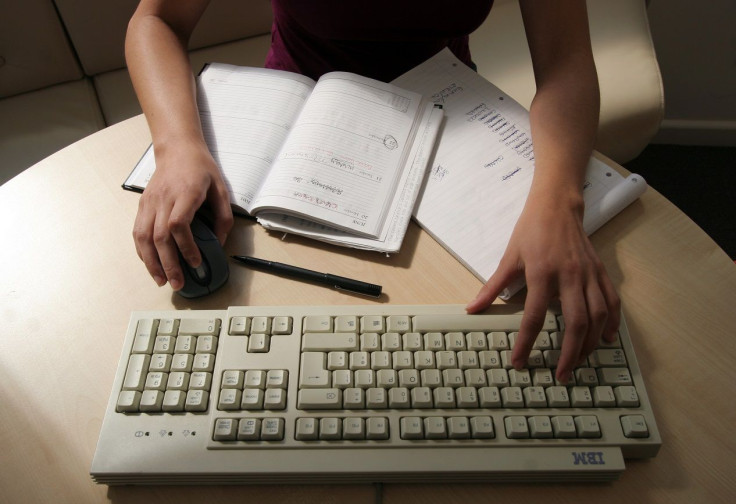31-year-old journalist logged 159 hours of overtime, then she died

A 31-year-old journalist had logged 159 hours of overtime and died from heart failure in July 2013. Her death has prompted Japan to confront its work culture.
Labour inspectors ruled that the death of Miwa Sados, who worked at Japan’s s public broadcaster in Tokyo, had been caused by overwork. She died four years ago, and her case was made public by her former employer this week.
Sado was a journalist for NHK who covered the Tokyo Metropolitan Government. She died only three days after reporting on a local election in the House of Councillors.
Labour standards office in Tokyo attributed Sados’ death to "karoshi" or death from overwork, The Japan Times reports. Her passing is expected to boost pressure on Japanese officials to address the huge number of deaths associated with long work hours expected of many employees. Masahiko Yamauchi, a senior official at the broadcaster, said Sado’s death was a “problem for our organisation as a whole.”
Sados’ parents have released a statement regarding their daughter’s death. “Even today, four years after, we cannot accept our daughter’s death as a reality,” her parents said in a comment released by NHK.
Long work hours
In 2015, the suicide of an advertising agency employee, who worked more than 100 hours overtime per month, prompted calls for a change in Japan’s work culture. Matsuri Takahashi was 24 years old when she committed suicide. Labour standards officials ruled that her death was caused by stress caused by long work hours.
The case forced prime minister Shinzō Abe to address a workplace culture that usually requires employees to put in long hours to show their dedication. The government proposes to restrict monthly overtime at 100 hours and introduce penalties for companies that allow workers to exceed the limit.
A fifth of Japan’s workforce is at risk of karoshi, a national survey shows. Employees reportedly clock more than 80 hours extra work time each month. Over 2,000 Japanese people had committed suicide due to work-related stress in the year to March 2016, according to the government. Some died from heart attacks, strokes and other conditions brought by putting in too much time at work.
Research finds that Japanese employees work longer hours than their counterparts in the United States, Britain and other developed countries, The Guardian notes. In 2015, Japan’s employees used, on average, only 8.8 days of their annual leave, less than half their allowance.





















